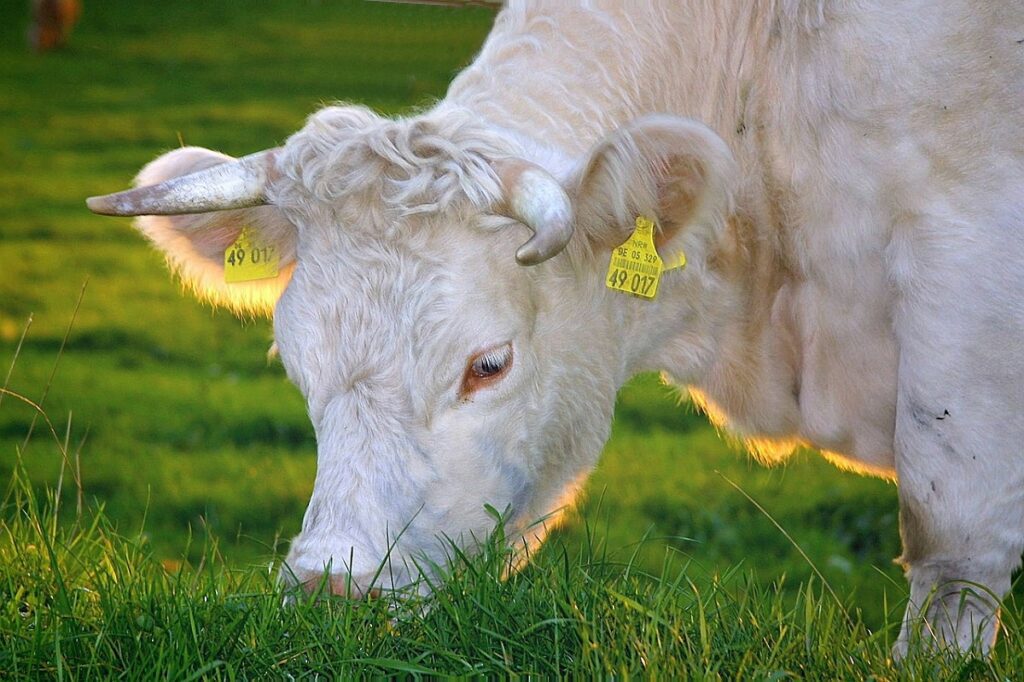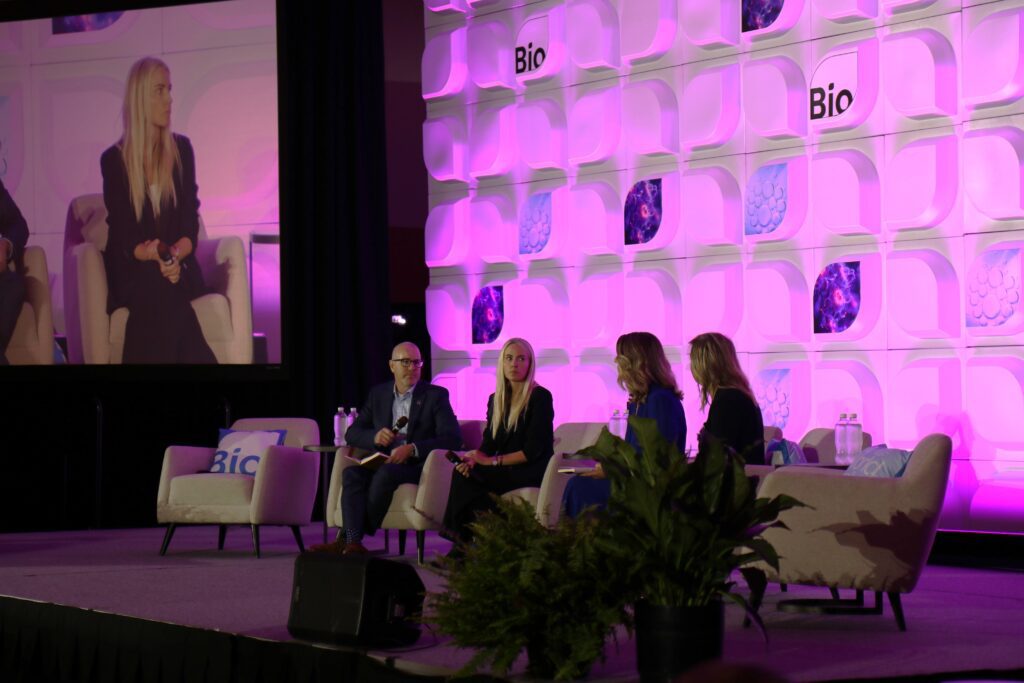Drought continues to dominate headlines worldwide—and it’s having an acute impact on farmers in the U.S, Good Day BIO reports.
According to the Biotechnology Innovation Organization (BIO), it is time to deploy the biotech solutions that could help farmers manage the ongoing drought and heat, which is only going to get worse if we don’t address climate change.
A recent survery by the American Farm Bureau Federation finds that 74% of the US farmers say that drought is reducing the harvest yields.
The same survey finds that 42% are changing planned crops—while 37% are tilling under crops, and 33% are removing or destroying orchard trees or other multiyear crops, according to the survey of more than 650 farmers in 15 states.
“This year’s drought conditions are taking a harder toll than last year’s, as 37% of farmers said they are plowing through and killing existing crops that won’t reach maturity because of dry conditions,” CNN reports on the study.
Additionally, farmers in California are having difficulties with the state’s key crops, tomatoes, Bloomberg reported, putting foods like spaghetti sauce and ketchup at risk for the future.
Biotech solutions for drought, heat
BIO argues that the solution to this problem is gene editing, which is making essential crops like wheat and rice resistant to drought and heat, and able to grow despite unfavorable weather conditions.
Meanwhile, new research shows gene editing can make photosynthesis more efficient, boosting crop yield in soybeans. As Bio.News reported, this shows promise for other crops, as well.
Animal agriculture is also affected by the drought. For example, “farmers in Texas are being forced to sell off their cattle herds earlier than normal due to extreme drought — as water sources dry out and grass burns up,” according to CNN.
BIO argues that biotech can also help with cattle, by “using gene editing to breed cattle with a so-called ‘slick’ coat, which makes them resistant to heat and gives them the ability to efficiently function in these kinds of extreme weather conditions.”
BioNews reported that the U.S. Food and Drug Administration (FDA) gave a green light to this technology in March 2022, which means it can be commercialized.
BIO says that what is now needed is educating the public about these technologies and addressing the challenges with acceptance of gene-edited and genetically modified crops.




